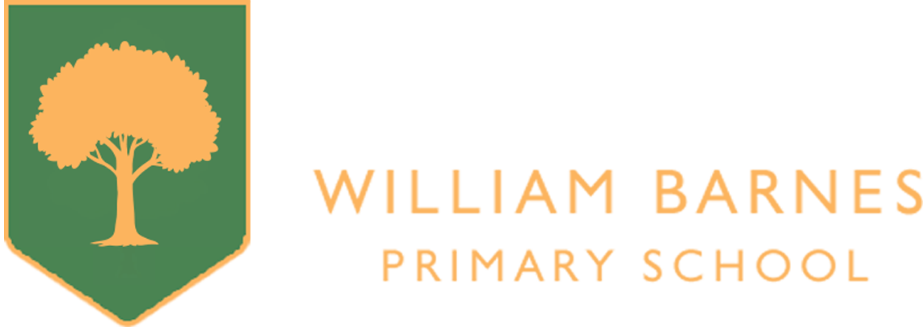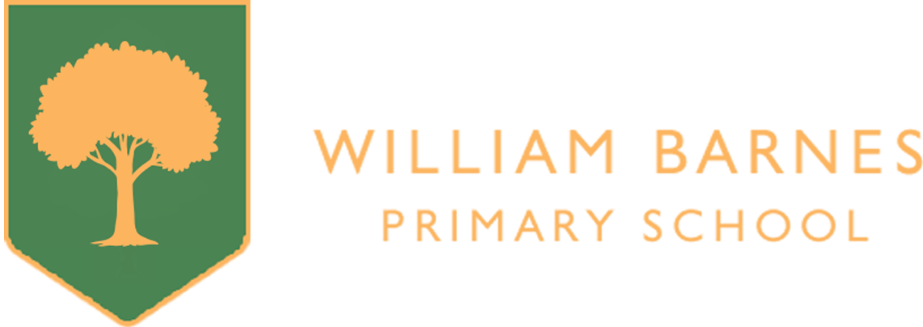At William Barnes Primary School, we have adopted a Growth Mindset ethos in all our classrooms.
Growth mindset has sprung from the research of Carol Dweck and its principles are that:
- All learners need self belief to motivate themselves and make progress.
- What matters most, in terms of motivation is whether learners see their abilities as either fixed or growth.
A learner with fixed mindset will believe that abilities are static, in-built or they cannot be changed
A learner with growth mindset will believe that abilities can be developed through hard work and effort.
A fixed or growth mindset will lead to a series of repercussions in the classroom.
Fixed
A fixed mindset learner will not make the extra effort to make outstanding progress. They will not take risks with their learning and will avoid challenges because they see no point as they will ‘never be as good as ….. ‘ or that they see themselves as ‘one of the best in the class’ and that this status must not be compromised by making a mistake. They will often give up easily and not take on feedback for improvement.
Growth
A growth mindset learner will believe that anything is possible. They will see intelligence as expandable and will want to learn more. They will embrace challenges, embrace feedback as a way to improving and will treat effort as the key to success.
The good news is that once this has all been explained, fixed mindset learners can be changed into growth mindset learners!
At William Barnes, we all use consistent strategies for developing the growth mindset.
1. We all try to model growth mindset thinking as teachers – not afraid of making mistakes, working hard, persisting etc.
2. We teach children about mindsets explicitly. We have a brain image in every classroom, which is our symbol for growth mindset and every teacher spends time regularly reminding children of the principles.
3. We consistently praise children for effort and resilience when work is challenging, underlining the message that work should be challenging because if we can do it easily, we will not be learning anything! To help children understand this, we ask them to think about something they are very skilled at (football, skipping etc) and encourage them to think about how many hours they spent practising to improve.
4. We underline the mindset with all of our feedback – written or oral. We embrace mistakes as ‘learning mistakes’ and make sure that children know what they have done well and what they need to do in future to improve.
5. We make sure that activities are challenging, or increasing in challenge so that learning is maximised.
6. We encourage discussion about enablers and blockers to learning so that we, as teachers, are aware of specific conditions that each child requires for learning to take place.
Further Reading!
Carol Dweck’s website www.mindworks.com




